Are you interested in the art of craftsmanship? These are the must-visit profession and craft museums in Bavaria:
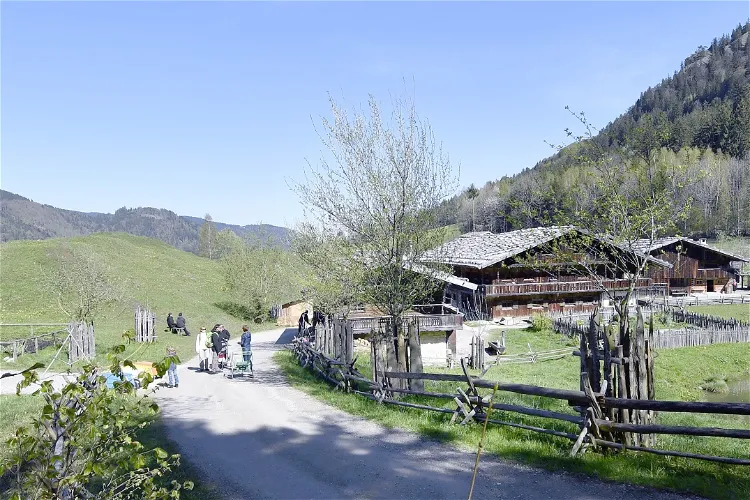
Markus Wasmeier Freilichtmuseum
SchlierseeThe Markus Wasmeier Freilichtmuseum is a privately owned museum situated on the edge of the Neuhaus district in the Upper Bavarian municipality of Schliersee. This location offers visitors a unique blend of cultural history and natural beauty, making it an ideal destination for those interested in exploring the rich heritage of the region.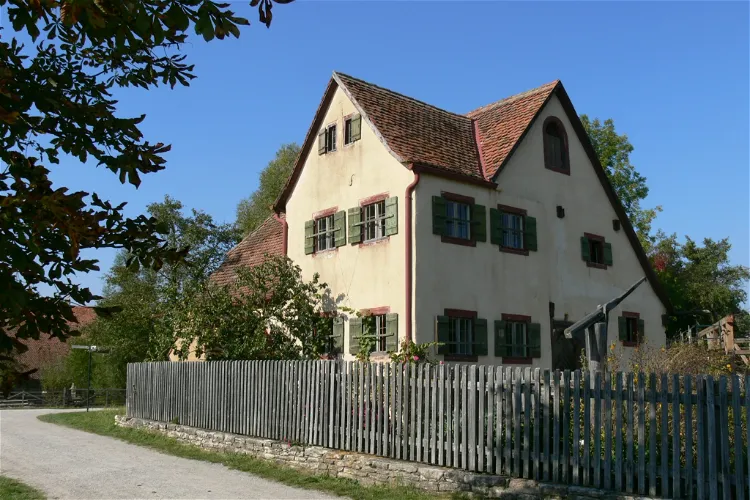
Franconian Open Air Museum
Bad WindsheimThe Franconian Open Air Museum Bad Windsheim is located on the southern edge of the old town of Bad Windsheim. The museum spans a vast area of 45 hectares, providing ample space for visitors to explore and immerse themselves in the rich history and culture of the region.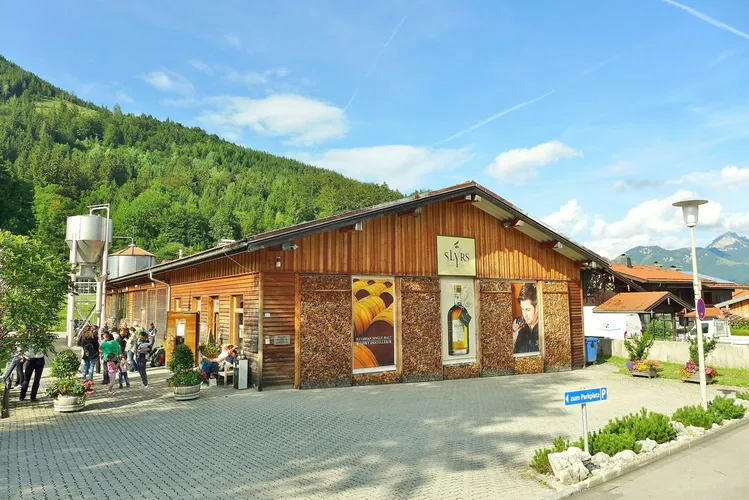
Slyrs
SchlierseeSlyrs is a renowned whisky distillery situated in Schliersee, a picturesque town in the Bavarian Oberland. It holds the distinction of being the largest single malt manufacturer in Germany. The distillery was founded in 1999 by Florian Stetter, a trained brewer and maltster. The idea of creating a Bavarian whisky came to Stetter in 1994 during a study trip to Scotland, where he was inspired by the parallels between the Bavarian and Scottish landscapes and the characteristics of the locals.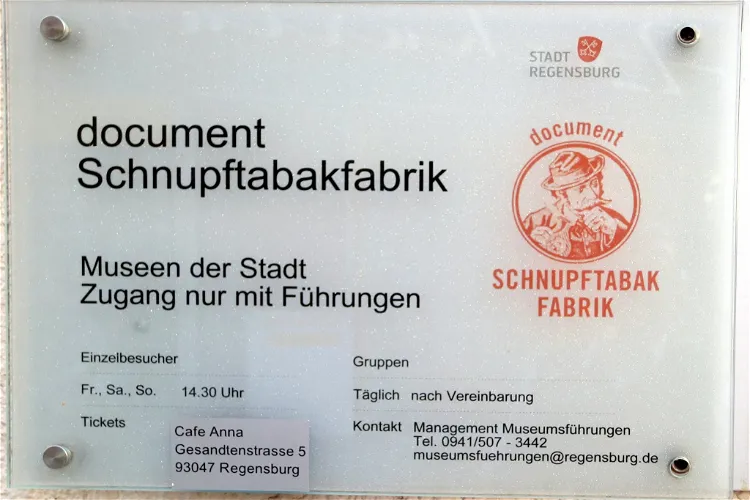
Snuff Tobacco Factory
RegensburgBavaria is know for beer, wursts AND snuff. Take a tour. At the end there is a free snuff testing. Try the white snuff. It's tobacco-free and just great if you have a cold. You can buy it as a cool souvenir in every tobacco shop for just a few euros.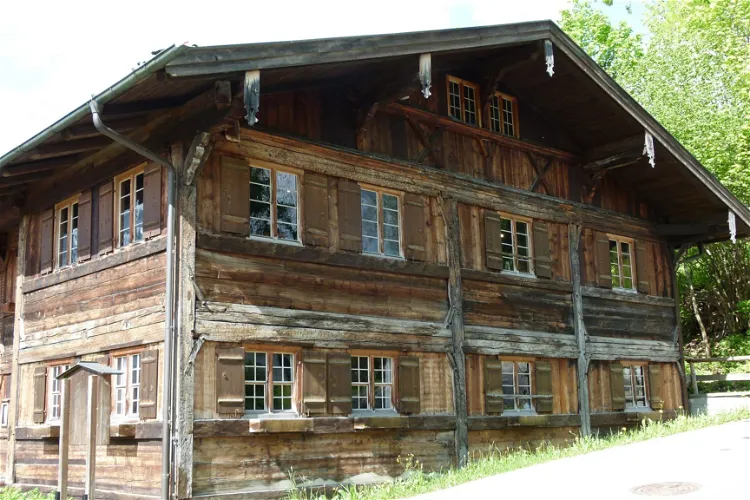
Heimathaus Pfronten
PfrontenThe Heimathaus in Pfronten is a historical monument, recognized for its old timber-framed architecture. This building is listed in the Pfronten monuments list, making it a significant part of the town's cultural heritage.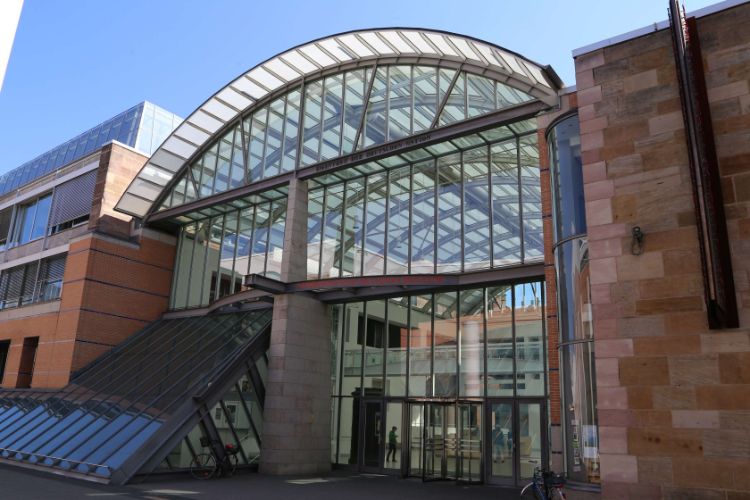
Germanisches Nationalmuseum
NurembergThe Germanisches Nationalmuseum is the largest museum of cultural history in Germany, located in Nuremberg. The museum holds and exhibits a large collection of items related to German culture and art from prehistoric times to the present day. The collection consists of around 1,3 million objects of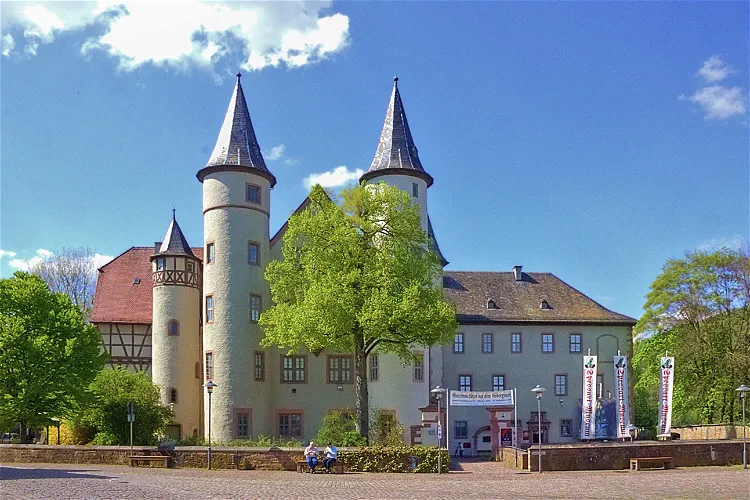
Spessartmuseum
Lohr am MainThe Spessartmuseum, located in Lohr Castle in Lohr am Main, is a place where visitors can delve into the history of the castle and the Spessart region. The museum provides a comprehensive overview of the past, offering a unique insight into the historical context of the area.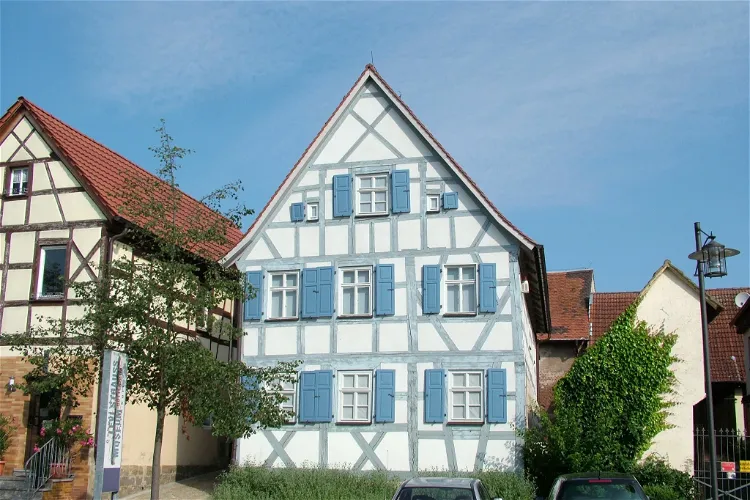
Birthplace Levi Strauss Museum
ButtenheimThe Levi Strauss Museum in Buttenheim, opened in 2000, is located in the birthplace of Levi Strauss, the inventor of jeans. This museum is a tribute to the life and work of Levi Strauss and offers a unique insight into the history of jeans.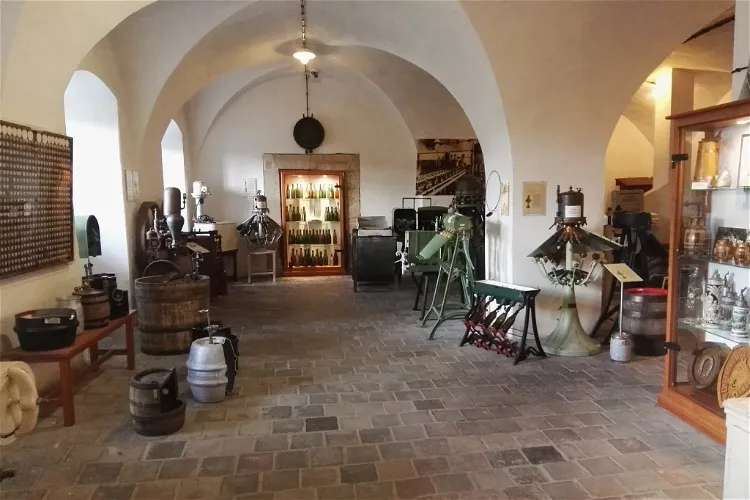
Franconian Brewery Museum
BambergThe Franconian Brewery Museum in Bamberg is a unique destination that offers a deep dive into the history and tradition of beer brewing in the region. The museum is located in the former Benedictine monastery brewery on Michelsberg, a site with a rich brewing history dating back to 1122. This historical setting provides an authentic backdrop for the museum's extensive collection of over 1400 exhibits.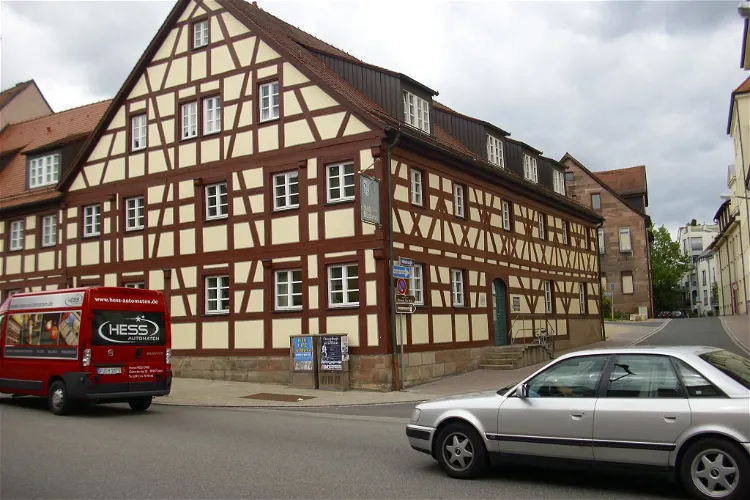
Heimatmuseum Stein-Mittelfranken
SteinThe Heimatmuseum Stein is a museum situated in the city of Stein, within the district of Fürth. This location is a significant part of the museum's identity, as it is deeply rooted in the history and culture of the region.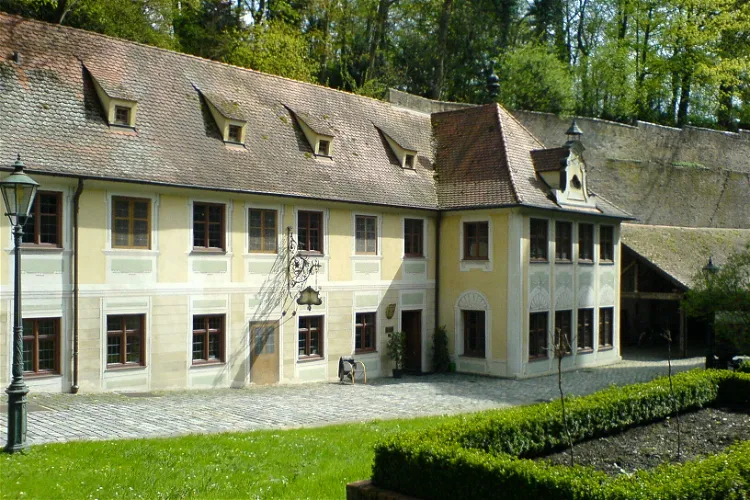
Swabian Crafts Museum
AugsburgThe Swabian Crafts Museum in Augsburg is a unique institution that offers a glimpse into the past. Operated by the Chamber of Crafts for Swabia, the museum showcases meticulously recreated workshops of old craft professions. Visitors can explore the intricacies of these professions and gain a deeper understanding of the region's rich craft history.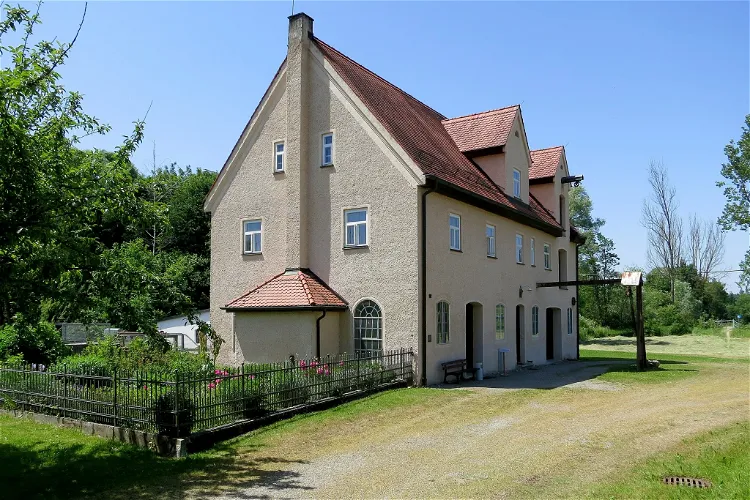
Museum Hammerschmiede und Stockerhof
Neuburg an der KammelThe Hammerschmiede Naichen, located in Naichen, a district of Neuburg an der Kammel in the Günzburg district in Bavaria, is a technical historical monument. Since 1990, it has been open to the public as a museum, offering visitors a glimpse into the past and the opportunity to learn about the history and technology of the time.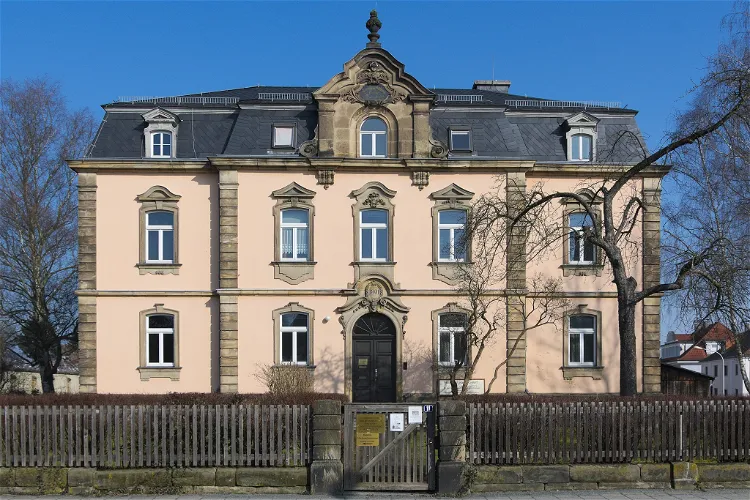
German Typewriter Museum Bayreuth
BayreuthThe German Typewriter Museum, until August 2022, was situated in the district of Sankt Georgen in Bayreuth. The exhibits have since been temporarily stored at a confidential location, awaiting their relocation to a new venue on the premises of the Thiergarten hunting lodge.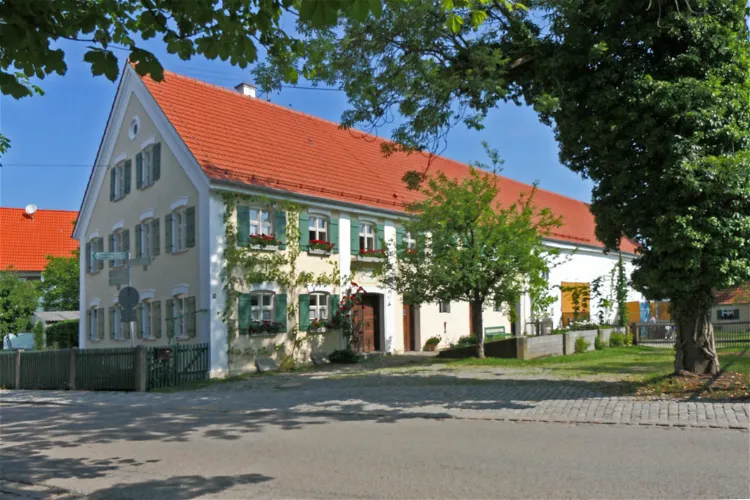
Kreisheimatstube Stoffenried
StoffenriedThe Kreisheimatstube Stoffenried is a quaint open-air museum nestled in the town of Stoffenried. It is conveniently located halfway between the towns of Krumbach and Günzburg, making it an accessible destination for tourists traveling in the region.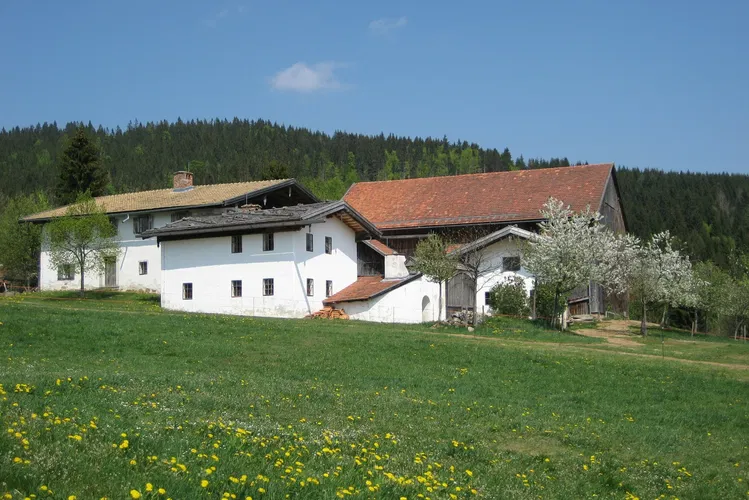
Lower Bavarian Open-Air Museums
FinsterauThe Finsterau Open-Air Museum, situated in the municipality of Mauth on the outskirts of the village of Finsterau in the Bavarian Forest near the Czech border, offers a rich display of rural architecture. The museum features farmhouses, complete farmsteads, a village smithy, and a roadside inn from across the Bavarian Forest. These exhibits provide a comprehensive view of the historical rural life in this region.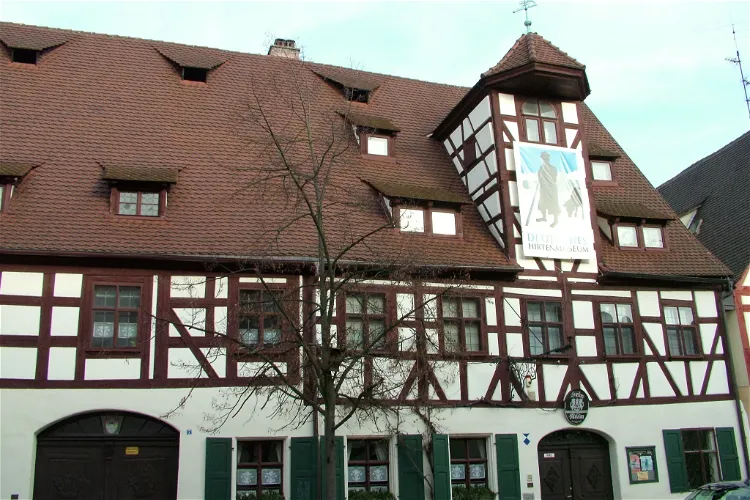
Deutsches Hirtenmuseum
HersbruckThe Deutsches Hirtenmuseum, located in the city of Hersbruck, was inaugurated in 1933. It is housed in a protected ensemble that includes a 16th-century farmer's house, a barn, and another building, all surrounding a large courtyard and garden. This setting provides a unique and historical backdrop for the museum's exhibits.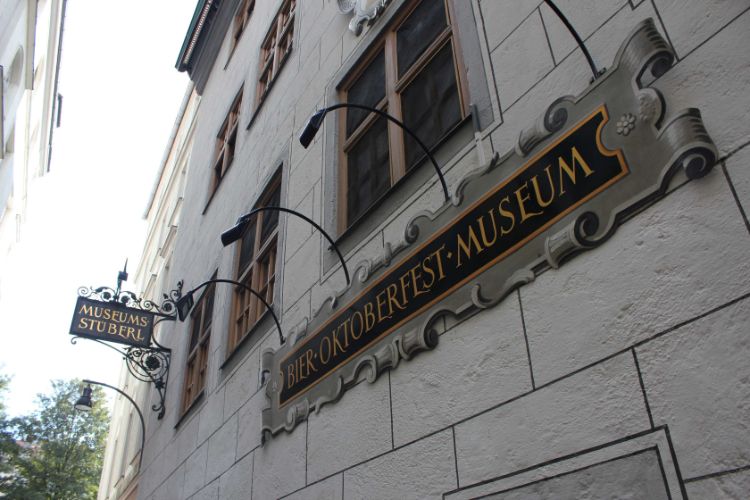
Beer and Oktoberfest Museum
MunichThe Beer and Oktoberfest Museum (The Bier- und Oktoberfestmuseum) is a museum in Munich devoted to the history of beer (on the ground floor) and Oktoberfest (on the upper floors). This beer museum in Munch is housed in an old building that dates from 1327. The museum includes various exhibitions inh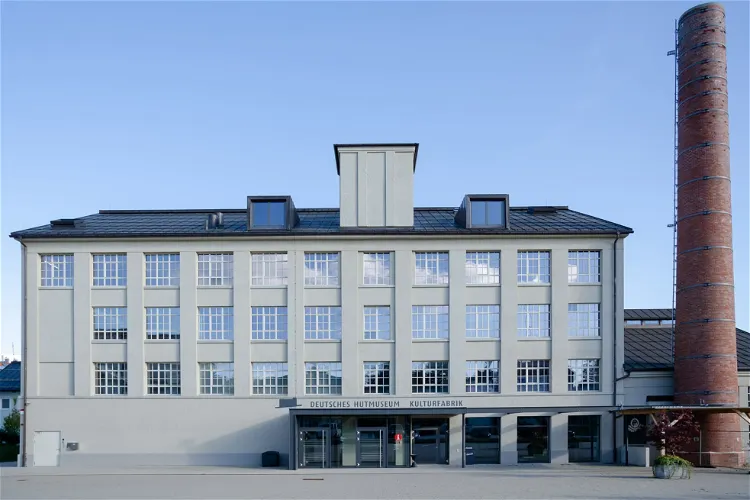
Deutsches Hutmuseum Lindenberg im Allgäu
Lindenberg im AllgäuThe Deutsches Hutmuseum Lindenberg, located in Lindenberg im Allgäu, is a museum dedicated to the cultural history of hats. Since 2014, it has been housed in the building of the former hat factory Ottmar Reich GmbH & Co. This location adds a layer of authenticity to the museum's exhibits, as visitors can explore the history of hat-making in the very place where it once took place.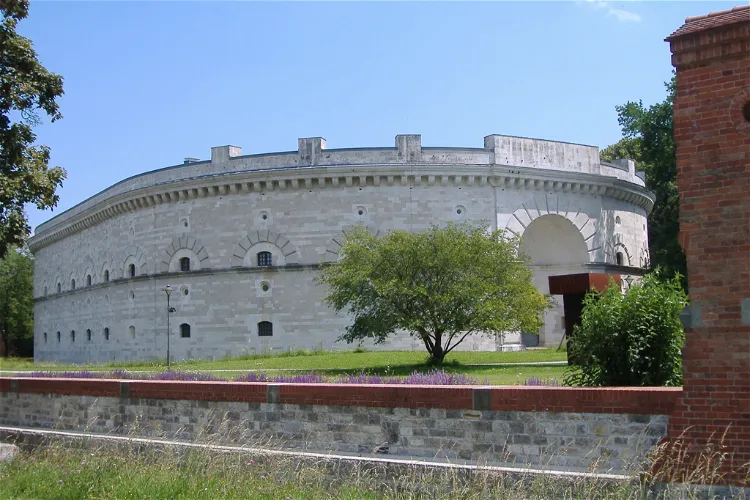
Bavarian Police Museum
IngolstadtThe Bavarian Police Museum, located in the historic Triva Tower in Klenzepark, Ingolstadt, serves as the central museum for the Bavarian police. This location not only offers a unique insight into the history and development of the police force in Bavaria but also provides a picturesque setting for visitors to enjoy.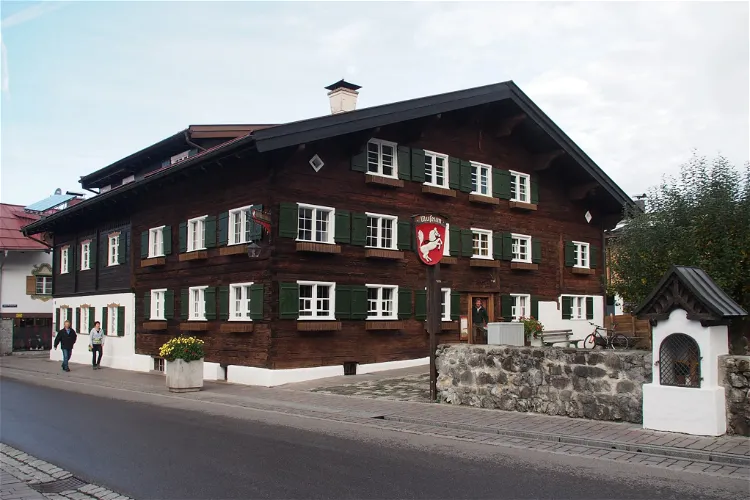
Heimatmuseum Oberstdorf
OberstdorfThe Heimatmuseum in Oberstdorf is housed in the Köcherlerhaus, a farmhouse that was built in 1620. This building is one of the few in the town center that survived a major fire in 1865. This historical context adds a layer of intrigue and resilience to the museum, making it a fascinating place to visit for those interested in local history.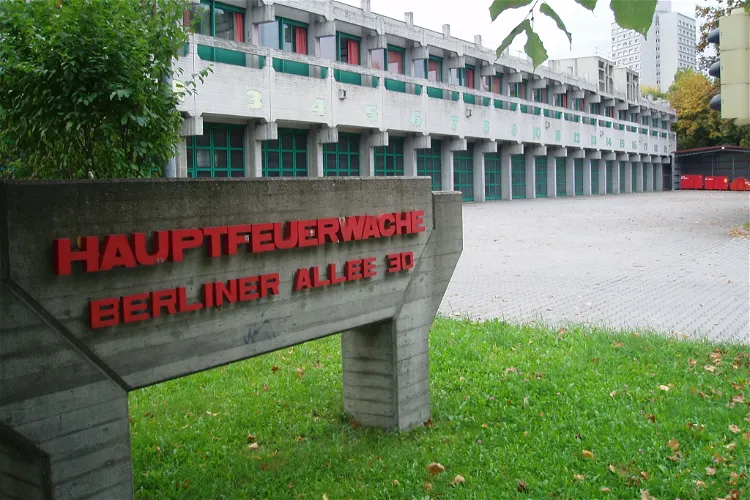
Feuerwehrmuseum Augsburg
AugsburgThe Augsburg Fire Department is an integral part of the city's safety infrastructure. It is organized under the Office for Fire and Disaster Protection of the city of Augsburg. The department comprises the professional fire brigade, which operates two stations within the city, and eight volunteer fire brigades from various districts. Additionally, there are seven company fire brigades that contribute to the city's safety.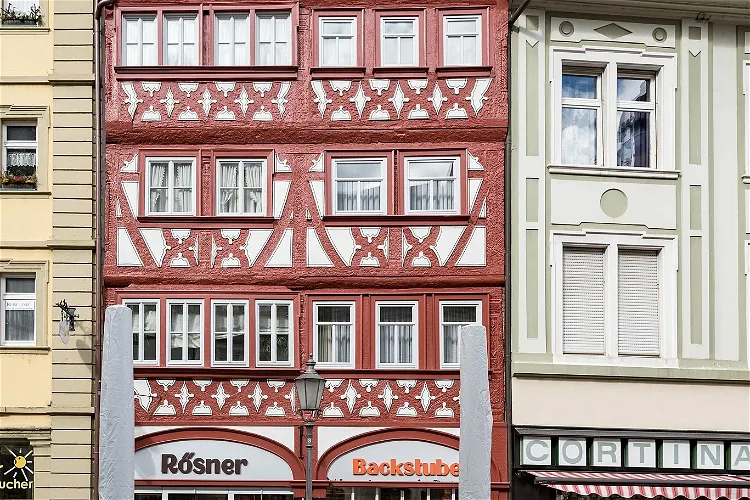
Conditorei Museum Kitzingen
KitzingenThe Conditorei Museum in Kitzingen is a unique institution dedicated to the bakery and confectionery crafts. It provides a deep dive into the history and evolution of these crafts, offering a unique perspective on the city's culinary heritage.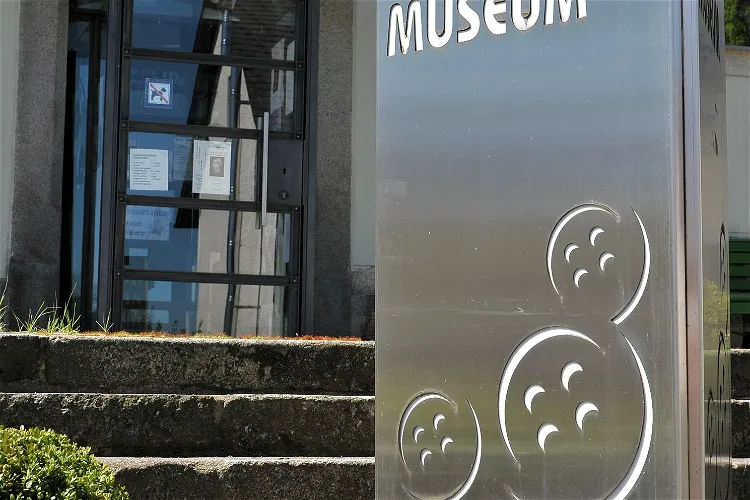
Deutsches-Knopfmuseum
BärnauThe Deutsches Knopfmuseum, located in Bärnau, Oberpfalz, is a unique museum dedicated to buttons. It was first opened in 1975 and since 1998, it has been housed in the former Kommunbrauhaus on Tachauer Straße 2. This location adds a historical charm to the museum, making it an interesting place to visit.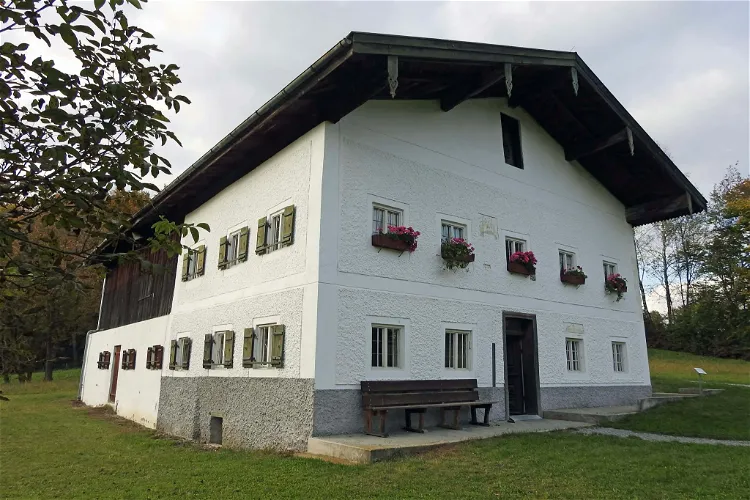
Bauernhausmuseum Amerang
AmerangThe Bauernhausmuseum Amerang is an open-air museum situated in the scenic Chiemgau region of Upper Bavaria, on the outskirts of the town of Amerang. This location offers visitors a unique opportunity to explore the rich history and culture of the region in a picturesque setting.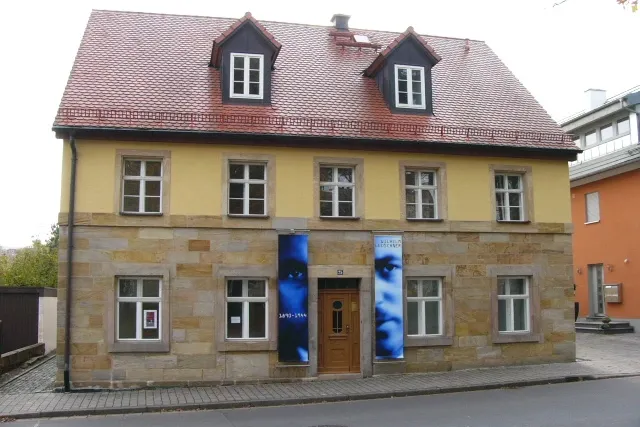
Wilhelm-Leuschner-Gedenkstätte
BayreuthThe Wilhelm-Leuschner-Memorial is a museum in Bayreuth that pays tribute to the life and work of Wilhelm Leuschner, a trade unionist and social democrat who resisted National Socialism. This museum provides an opportunity to learn about a significant figure in German history and his fight against oppressive regimes.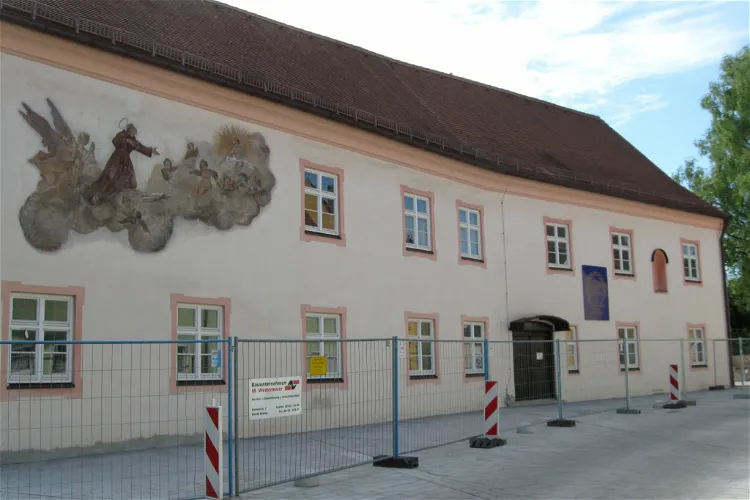
Museum Erding
ErdingThe Museum Erding, located in Erding, is a local history museum that was established in 1856 by Anton Bachmair, a shoemaker. With over 160 years of collection history, it is one of the oldest municipal museums in Bavaria. The museum's collection began with musician uniforms, weapons, and other items.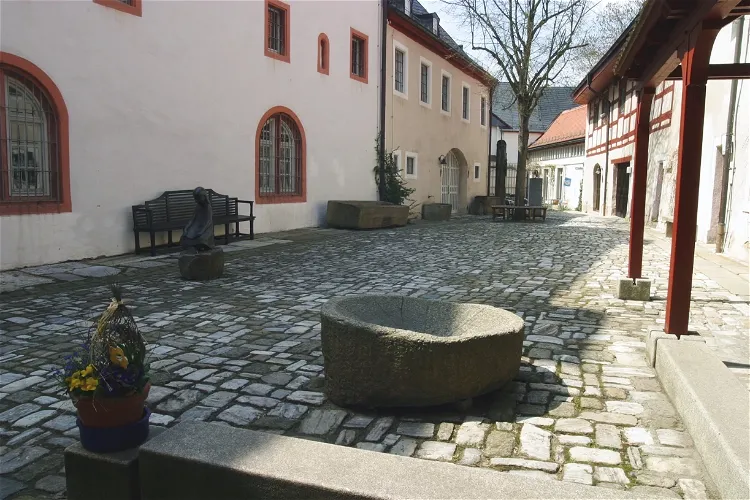
Fichtelgebirgsmuseum
WunsiedelThe Fichtelgebirge Museum, located in Wunsiedel, central Germany, is a regional museum that was established in 1907. The museum was founded by the Fichtelgebirge Club with the aim of preserving old trade skills that were being replaced by new industries during the 19th century. The museum provides a glimpse into the region's past and the trades that were once vital to its economy.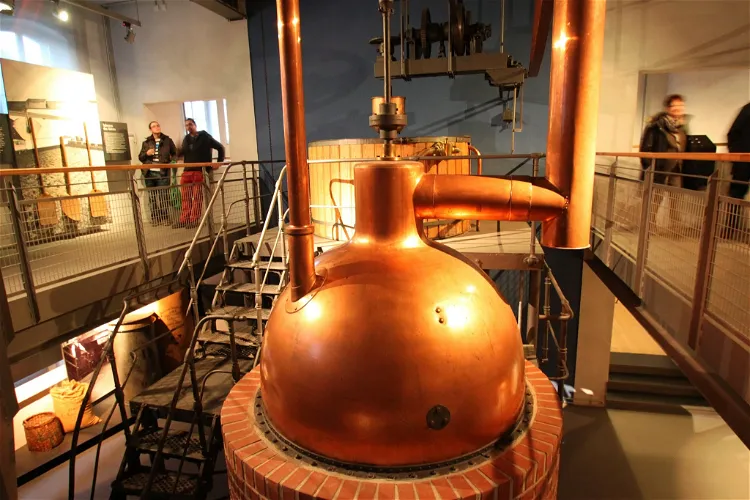
Bayerisches Bäckereimuseum
KulmbachThe Bayerische Bäckereimuseum, located in the district town of Kulmbach in Upper Franconia, is a specialty museum dedicated to the staple food and cultural heritage of bread. This unique museum offers an in-depth exploration of the history, production, and cultural significance of bread, making it an interesting destination for tourists interested in food history and culture.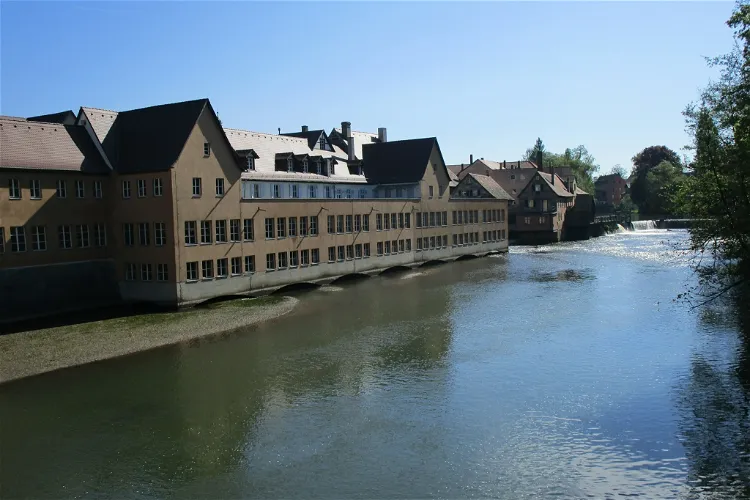
Industriemuseum Lauf
Lauf an der PegnitzThe Industriemuseum Lauf is a museum dedicated to the history of crafts and industry, showcasing exhibits from the period of 1890 to 1970. This museum provides a unique opportunity to delve into the past and understand the evolution of industry and craftsmanship during this era.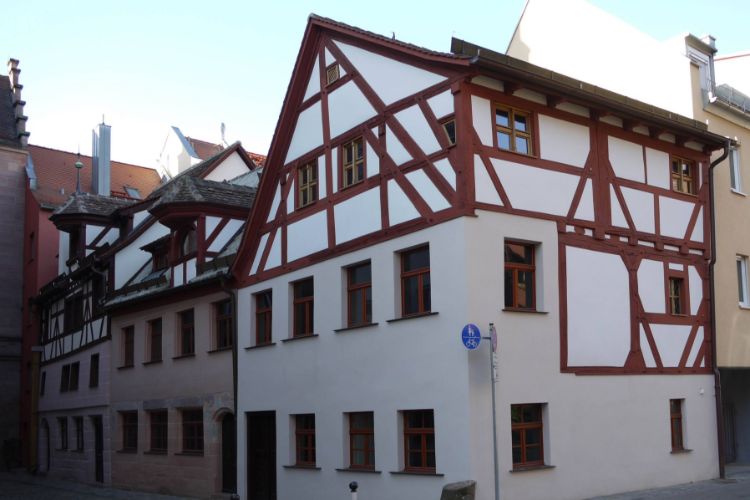
Museum 22 20 18 Kuhnertsgasse
NurembergThe Handwerkerhäuser Kühnertsgasse are three listed former craft houses in Nuremberg, at Kühnertsgasse 18, 20 and 22. The oldest house number 22 was originally built in 1377 as a two-storey half-timbered house. The other two houses were built until 1434. The inhabitants rebuilt the houses several ti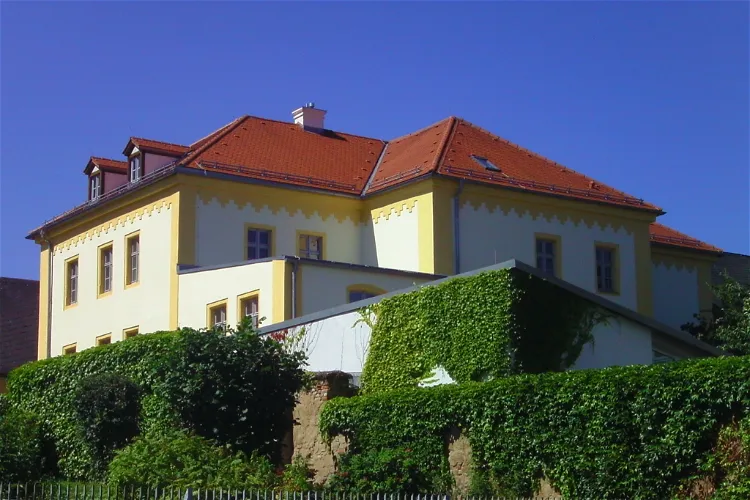
Museumsquartier Tirschenreuth
TirschenreuthThe Museumsquartier Tirschenreuth is a quaint museum nestled in the former monastery of the city of Tirschenreuth. The monastery was renovated to house the museum, providing a unique blend of history and culture for visitors to explore.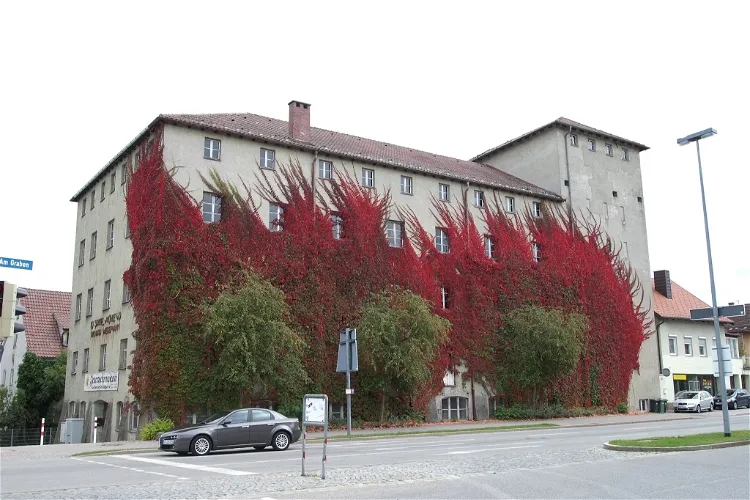
Feuerwehrmuseum Kaufbeuren - Ostallgäu e. V.
KaufbeurenThe Feuerwehrmuseum Kaufbeuren-Ostallgäu, located in Kaufbeuren, is a museum dedicated to the history of firefighting and the fire brigade. Opened in 1996, the museum provides a comprehensive look into the evolution of firefighting techniques and equipment over the years.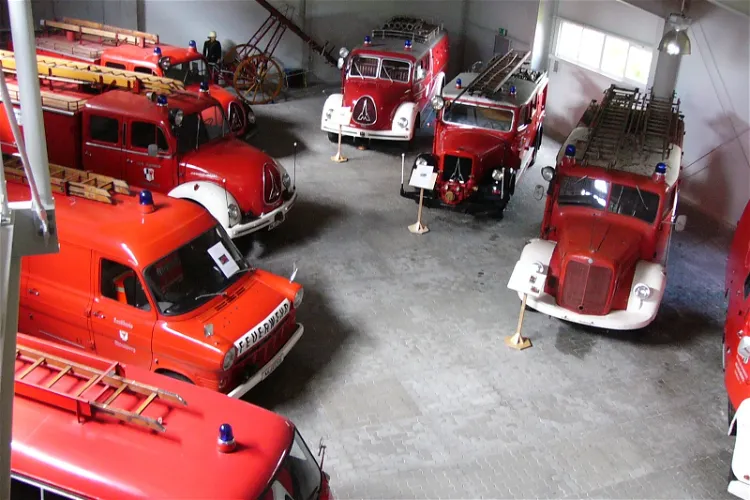
Oberfränkisches Feuerwehrmuseum
SchauensteinThe Oberfränkisches Feuerwehrmuseum is situated in the Schauenstein Castle in the small town of Schauenstein in Upper Franconia. This location provides a unique setting for the museum, combining historical architecture with the rich history of firefighting in the region.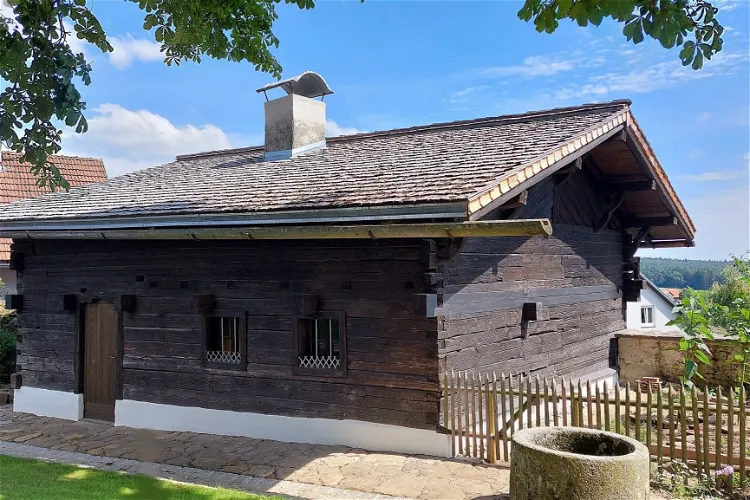
Schulmuseum Fronau
RodingThe Schulmuseum Fronau is a significant historical site, housed in an 18th-century Waldlerhaus, a traditional block construction typical of the Bavarian Forest. This building served as a schoolhouse in Fronau, a district of the city of Roding, until 1851. This offers visitors a unique opportunity to explore a piece of Bavarian history and architecture.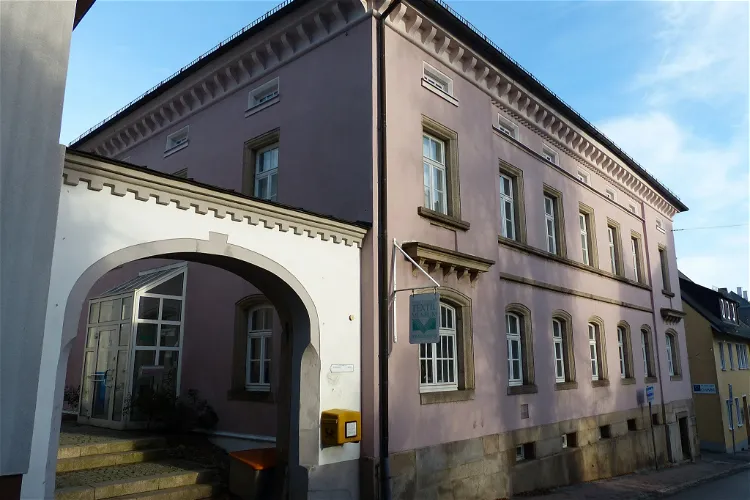
Oberfränkisches Textilmuseum Helmbrechts
HelmbrechtsThe Oberfränkisches Textilmuseum provides a comprehensive overview of the region's textile manufacturing history, which spans centuries. From the hand weaving of linen, wool, and cotton in pre-industrial times to the modern textile industry, the museum showcases the evolution of textile production techniques.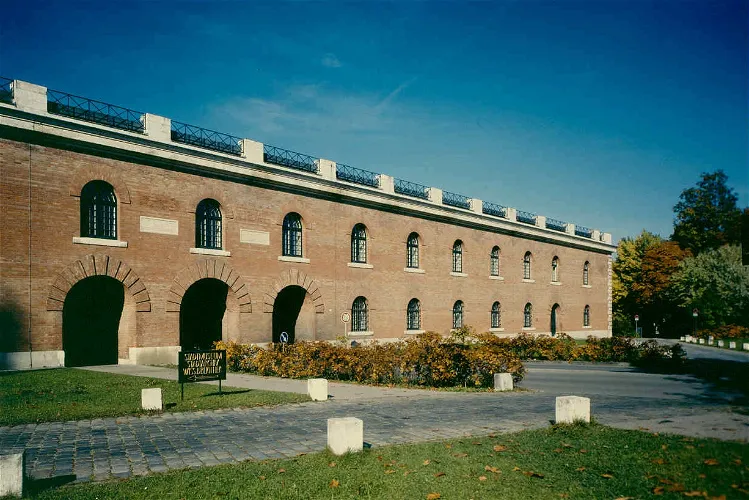
Stadtmuseum
IngolstadtThe Stadtmuseum Ingolstadt offers a comprehensive overview of the historical and cultural development of the Ingolstadt area, from prehistoric times to the present day. Visitors can gain a deep understanding of the region's past and its evolution over time.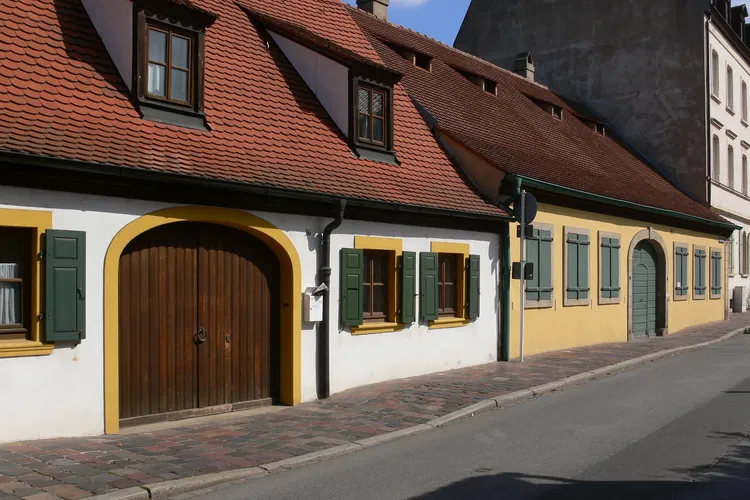
Gärtner- und Häckermuseum
BambergThe Gärtner- und Häckermuseum, which was inaugurated in 1979, is a museum that focuses on the history and culture of the gardeners and winemakers of Bamberg. It provides a unique insight into the traditions and practices of these two important professions in the region.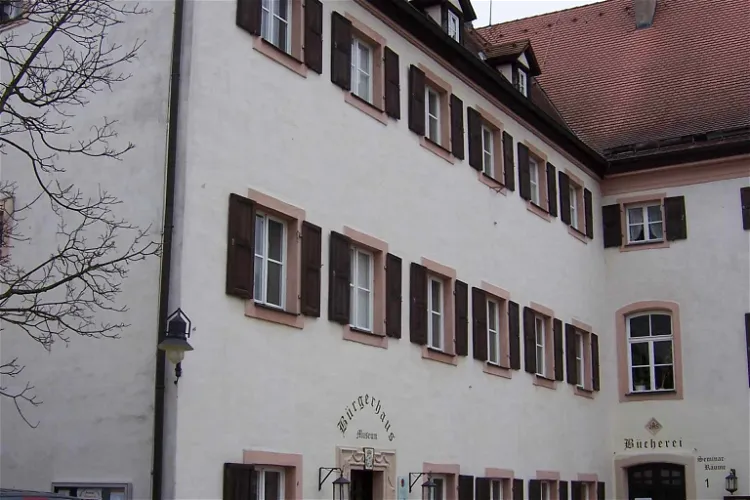
Heimat- und Brauereimuseum Pleinfeld
PleinfeldThe Heimat- und Brauereimuseum is housed in the historic Old Vogteischloss, a significant architectural landmark in Pleinfeld. The museum is also notable for containing the first brewery museum in Middle Franconia, making it a unique destination for those interested in the history of brewing.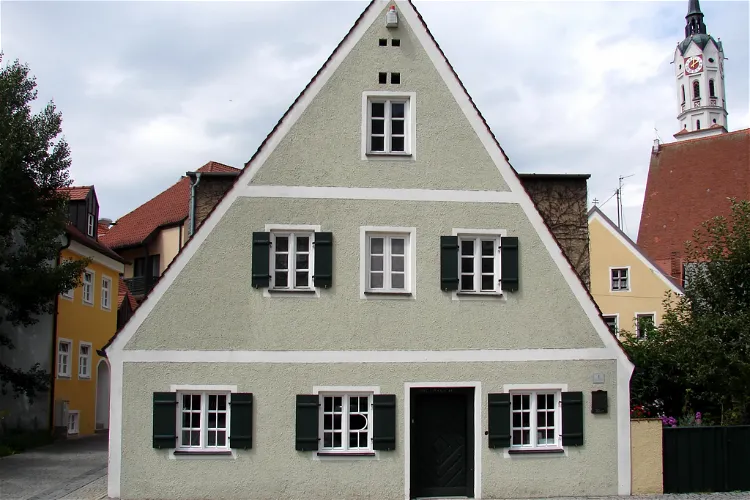
Zeiselmairhaus
SchrobenhausenThe Zeiselmairhaus, located in Schrobenhausen, a city in the Upper Bavarian district of Neuburg-Schrobenhausen, is a historical building that dates back to 1478. This gives the building a rich history and a unique architectural style that reflects the period in which it was built.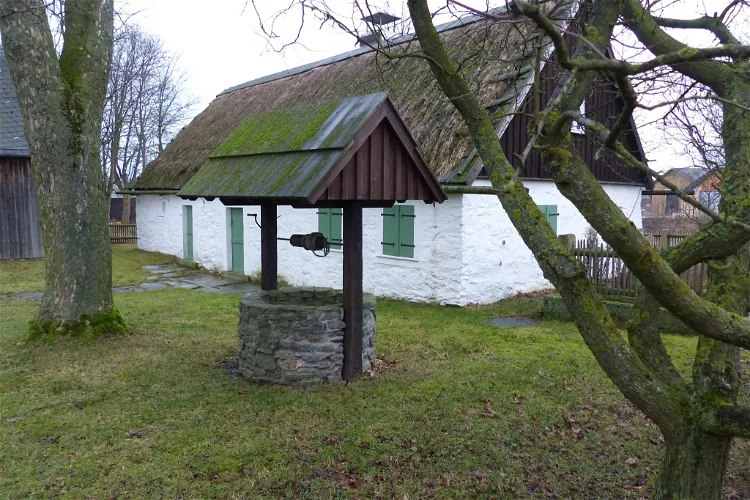
Weberhaus Neudorf
SchauensteinThe Weberhausmuseum Neudorf, located in Neudorf, Bavaria, is a significant representation of the historical weaving industry in the Franconian Forest. This former weaver's house provides a glimpse into the past, showcasing the life and work of the weavers who once resided here. It's a unique opportunity for tourists to learn about the region's history and the importance of the weaving industry.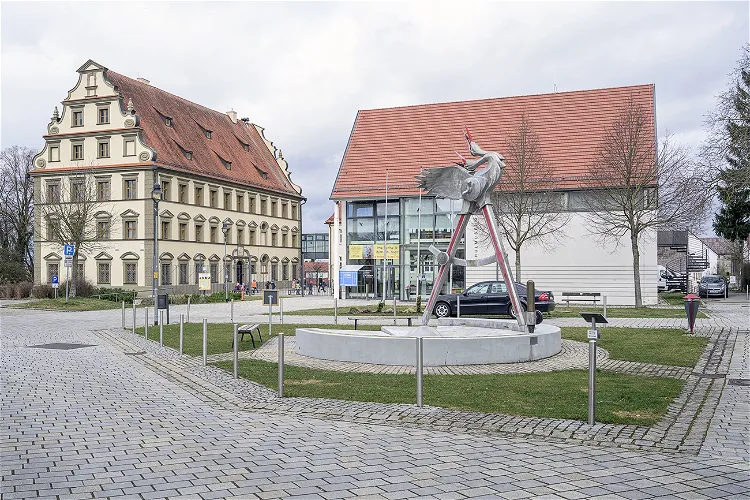
Bayerisches Schulmuseum Ichenhausen
IchenhausenThe Bayerisches Schulmuseum Ichenhausen is a branch of the Bayerisches Nationalmuseum and is situated in the Lower Castle in Ichenhausen. This location adds a historical charm to the museum, making it an interesting destination for tourists who appreciate history and architecture.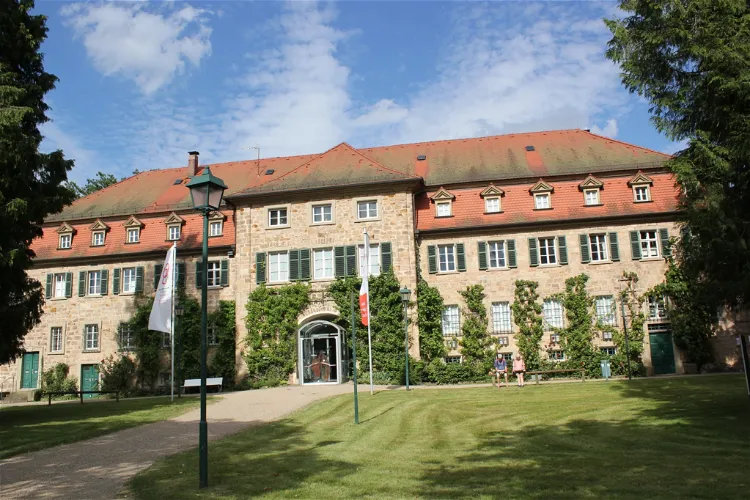
Museum Obere Saline
Bad KissingenThe Museum Obere Saline (MOS) is a cultural institution situated in the Hausen district of Bad Kissingen. The museum is housed in the Obere Saline building and is divided into several departments: the Bismarck Museum, Salt and Salt Production, Spa Kissingen, World Spa Kissingen, and Toy World. Each department offers a unique insight into different aspects of the region's history and culture.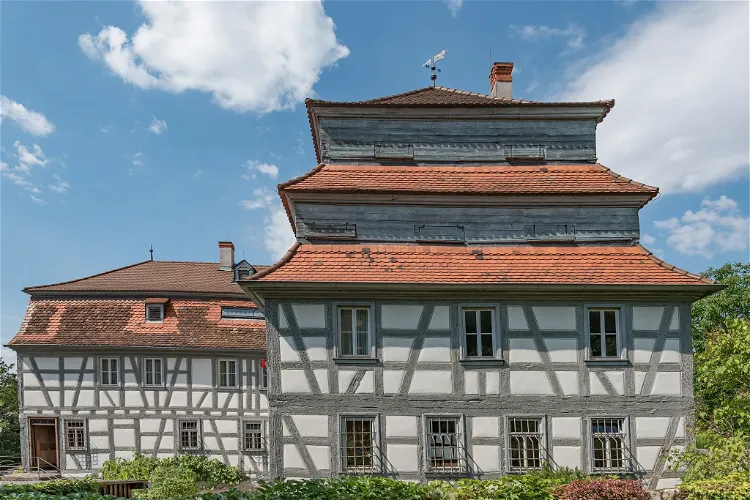
Paper Mill Homburg
Homburg am MainThe Paper Mill Homburg, which was constructed in 1807, is situated in Homburg am Main, a part of the market town of Triefenstein. The mill was actively used for the production of paper and cardboard until 1975. From 1994 to 1997, it underwent renovation and was transformed into a paper mill museum. The original machines and facilities used for production have been preserved, providing a unique insight into the history of paper production.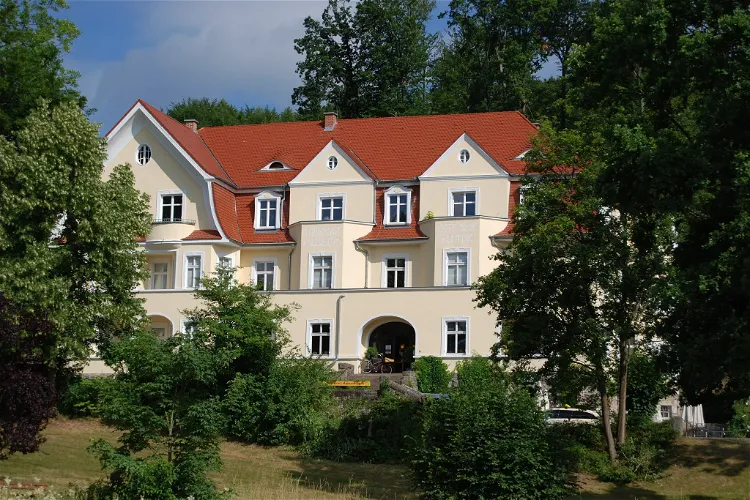
Deutsches Fahrradmuseum
Bad BrückenauThe Deutsches Fahrradmuseum, which opened its doors in 2004, is situated in the Staatsbad Brückenau district of Bad Brückenau. This location is easily accessible and offers a unique opportunity to explore the history of bicycles in Germany.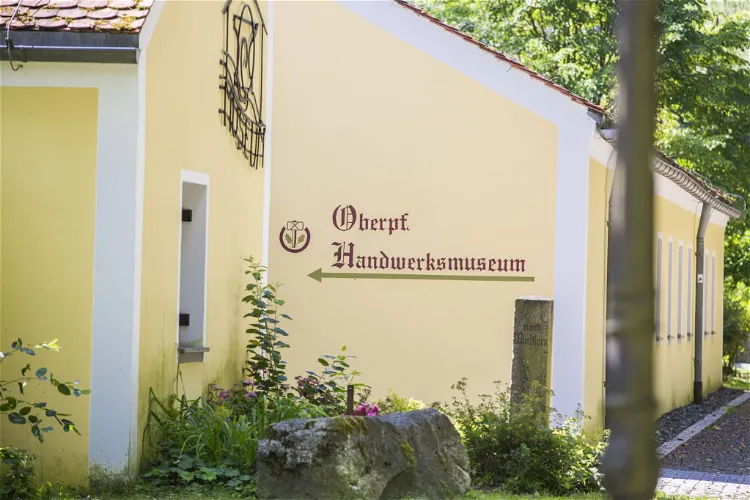
Oberpfälzer Handwerksmuseum Rötz-Hillstett
RötzThe Oberpfälzer Handwerksmuseum Rötz-Hillstett is situated in Hillstett, a part of the city of Rötz. It is located near the Eixendorfer See in the Schwarzachtal, providing a scenic backdrop for the museum. This location is not only historically significant but also offers a beautiful natural setting for visitors to enjoy.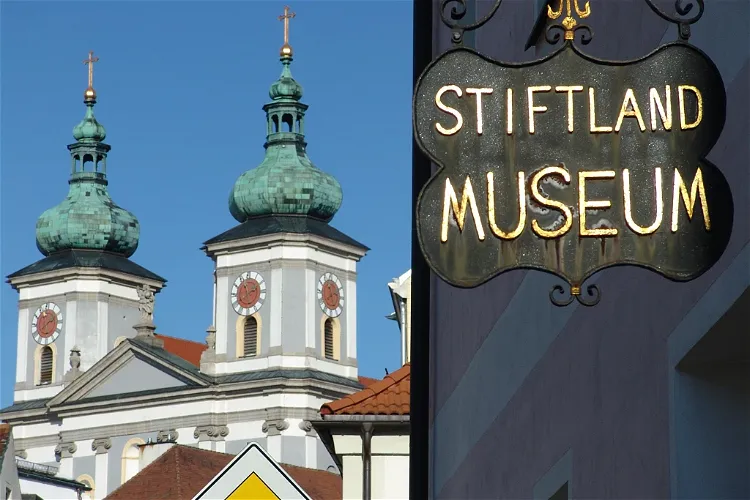
Stiftlandmuseum
WaldsassenThe Stiftlandmuseum Waldsassen, opened in 1975, is located in the old town hall of Waldsassen. The museum is dedicated to the history of the Stiftland region, providing visitors with a deep understanding of the area's past.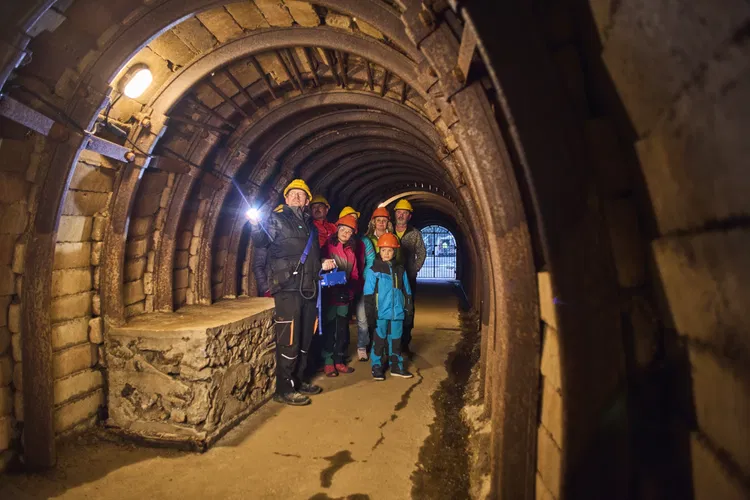
Besucherbergwerk Fürstenzeche
BuchetThe Fürstenzeche visitor mine is a historic silver and fluorspar mine and is considered to be the oldest in the Bavarian Forest. Follow us down into the depths of the Osser Mountains and experience pure mining. Surrounded by the adventurous magic of 500 years of silver mining, your visit to the "Für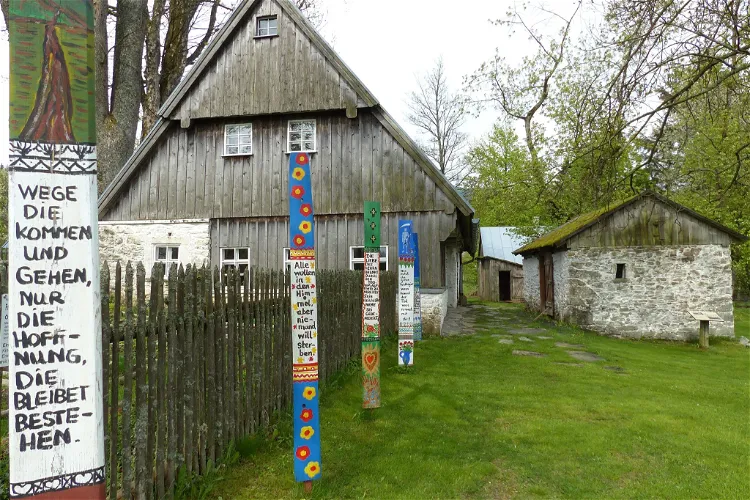
Freilandmuseum Grassemann
GrassemannThe Freilandmuseum Grassemann serves as an information center for the Fichtelgebirge Nature Park and is an open-air museum located in Grassemann, a district of the Upper Franconian municipality of Warmensteinach. This location offers visitors a unique opportunity to learn about the region's natural environment and cultural history.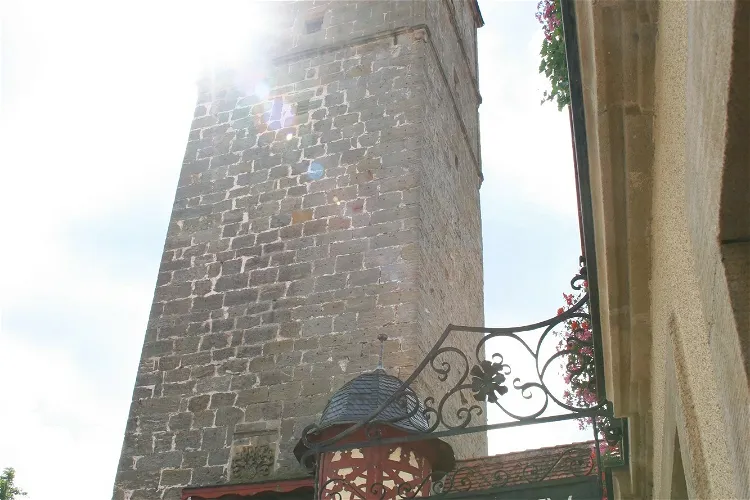
Heimatmuseum Ebern
EbernThe Heimatmuseum Ebern, situated at the Grauturm, is a local history museum in Ebern. It was established in 1965 by the Ebern Citizens' Association. The museum is housed in a former savings bank building provided by the city of Ebern, next to the 'Grauturm'.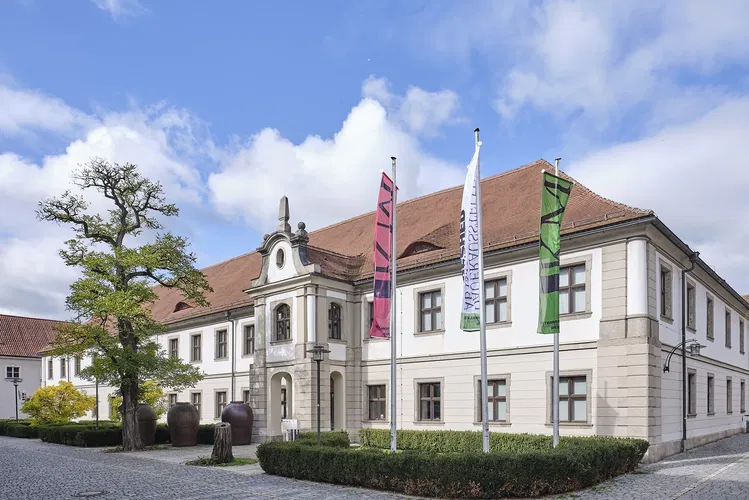
Internationales Keramik-Museum
Weiden in der Oberpfalz- 51
Sammlung Werner Löffler
ReichenschwandThe Sammlung Werner Löffler, also known as the Löffler Collection, is a unique private collection of historical seating furniture spanning three centuries. It is located in the charming town of Reichenschwand in Middle Franconia. This collection offers a fascinating journey through the evolution of seating furniture design and craftsmanship. - 52
Historischer Eisenhammer Eckersmühlen
RothEisenhammer an der Roth, also known as Eisenhammer Eckersmühlen, is a former hammer forge located in the town of Roth, in the district of Roth, Middle Franconia, Bavaria. Today, it serves as a museum that keeps the art of hammer forging alive and reminds visitors of the time of the old smith families. The museum is nestled in a small forest, approximately 500 meters northwest of the outskirts of Eckersmühlen, by the Roth river. - 53
Hutmuseum Nürnberg
NurembergThe Hutmuseum Nürnbergg is a private museum in Nuremberg, which deals with the production and properties of hats. It is located in a former hatmaker's workshop in Sebalder Altstadt and is considered to be the smallest museum in Nuremberg. The traditional hat shop is displayed within the old shop int - 54
Museum Kutz Kommunikationstechnik und – geschichte
BambergThe museum boasts a collection of more than 3,000 items related to office technology. These items were painstakingly collected over a period of thirty years by Artur and Rosemarie Kutz. The collection provides a comprehensive overview of the evolution of office technology, making it a valuable resource for anyone interested in this field. - 55
Trachtenmuseum
OchsenfurtThe Trachtenmuseum in Ochsenfurt is a specialized museum that showcases regional costumes in their various forms. It provides a unique opportunity for visitors to explore the rich cultural heritage of the region through its traditional attire. The museum's collection includes a wide range of costumes, each with its own unique design and significance. - 56
City Museum Neustadt an der Waldnaab
Neustadt an der WaldnaabThe City Museum Neustadt is situated in the district town of Neustadt an der Waldnaab, which is also known as the 'City of Lead Crystal'. This nickname is due to the city's historical connection with the production of lead crystal, a type of crystal that is known for its high refractive index and brilliant sparkle. The museum is a great place to learn about this aspect of the city's history.